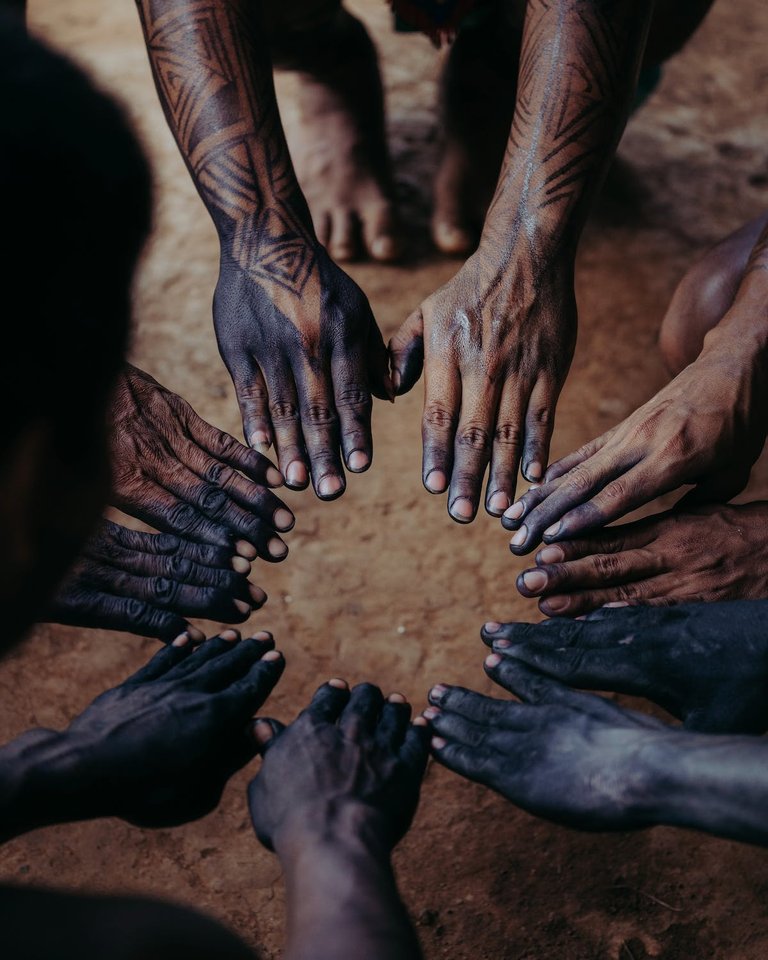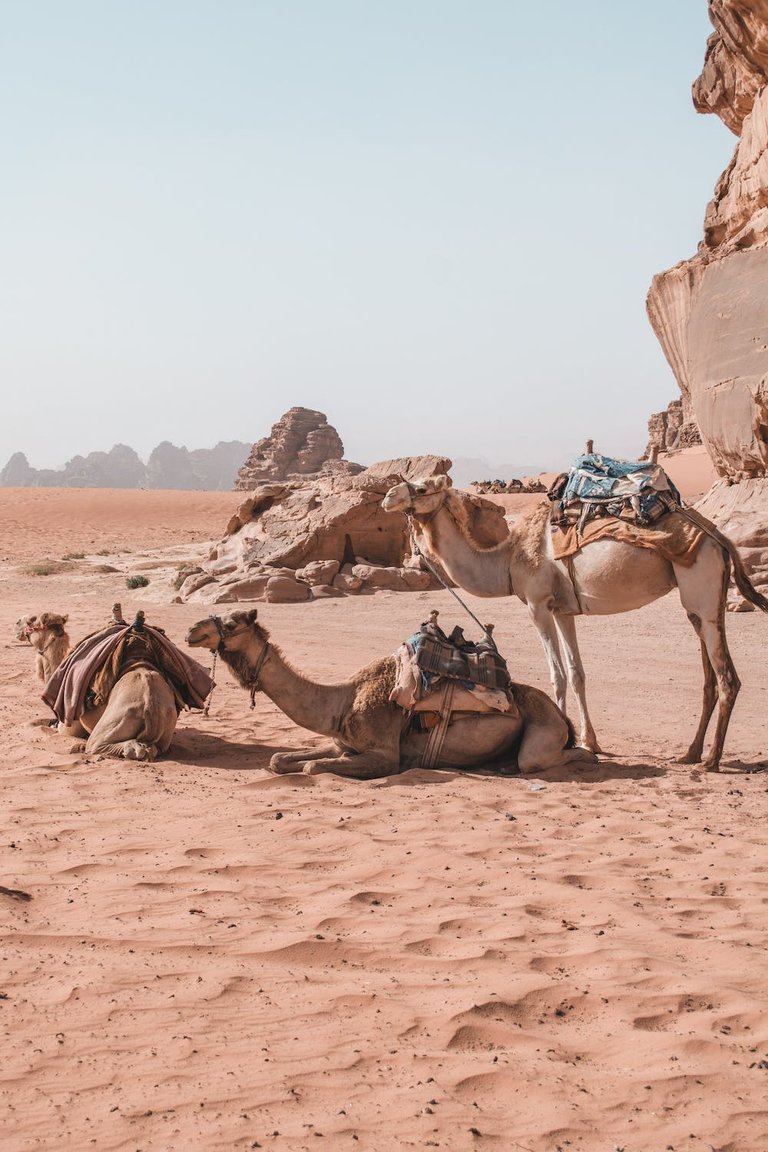Did We Migrate From Somewhere?
I have told people that the world is full of people who migrated from one place at a point in time and dwelled at a particular place and over time, they are known to be from that place. Some groups of people lay claim to belonging to or being descendants of another set of people. The truth is that nobody fell from the clouds.
Recently, I got involved in a historic discussion about the people of the world. The immigration of different tribes to what is today known as the United Kingdom. The English people are a mixture of different ethnic groups. There are the white British who are the most by population. As far back as the 11th century, different ethnic groups have settled in the area, ranging from Celts, Picts, Romans, Anglo-Saxons, Norse and Normans. Aside the influx of slaves who roamed the streets after the abolishment of the slave trade in the 19th century which also formed the basis for which most of the black race tied their origin to some parts of the United Kingdom, the kingdom had already experienced the settlement of these groups.
That's just a background to show that at some point in time, our fore-parents had moved for various reasons to settle where we were born which became a home for us.
The Yoruba race which is one of the major ethnic groups in Nigeria is seen scattered around parts of Brazil with their traditional Ogbomoso shrine also there. Whereas, the Hausa tribe cuts across the different sovereign states of Africa. So many ethnic groups around the world have traced their origin to one place in another continent or the other.
Today, I would like to open your eyes to the oral tradition of the immigration of the Igbo people.
The Immigration of The Igbo People
This group of people is known for their industry and technological advancement habits. This ethnic group makes up to eighteen percent (18%) of the Nigerian population. Their traditional hometown is located behind the river Nigeria from the south and they are known to be consistent farmers.
One thing that catches my attention is the fact that there is no continent in the world where you won't find an Igbo man. It is even in their belief that wherever you do not find an Igbo man is not worth living in. Their sojourn to other places is for commercial purposes. Little wonder you see this ethnic people in different parts of the world engaging in commercial activities and in no time, they begin to make their presence known by occupying the space and becoming players in the politics of such an environment.
Igbo Descents From Israel
Around 1789, there were some claims among a scholarly Jewish Igbo man who attested that Judaism was practiced in parts of Igbo pre-colonial life. Hence, the Igbo have a link with the Israelis.
A further search into the possible truth of this claim is that the Sahara desert was known to be a trade route with some Israeli caravans performing trade terms with some people of the Savannah forest region, home of the Igbo people.
To further strengthen this claim is the technological know-how of the people. Just like the Israelites, the Igbo people developed a number of weapons in self-defense during the Nigerian Civil War era.
Israeli Culture
The Igbo people before any contact with the outside world were known for naming their newborn children eight days after birth like those of the Biblical Israelites.
Their women were kept at distance during their menstrual flow for the sake of cleansing. Hence, strengthening the claim that the Igbo people have some connections with the Israelites.
Apart from these, there is no other feature that would have posited that the Igbo people had any contact with the Israelis.
However, the Igbo culture is known to be rich and plays a vital role when discussing important events that had occurred in Nigeria, Africa and the world at large.



